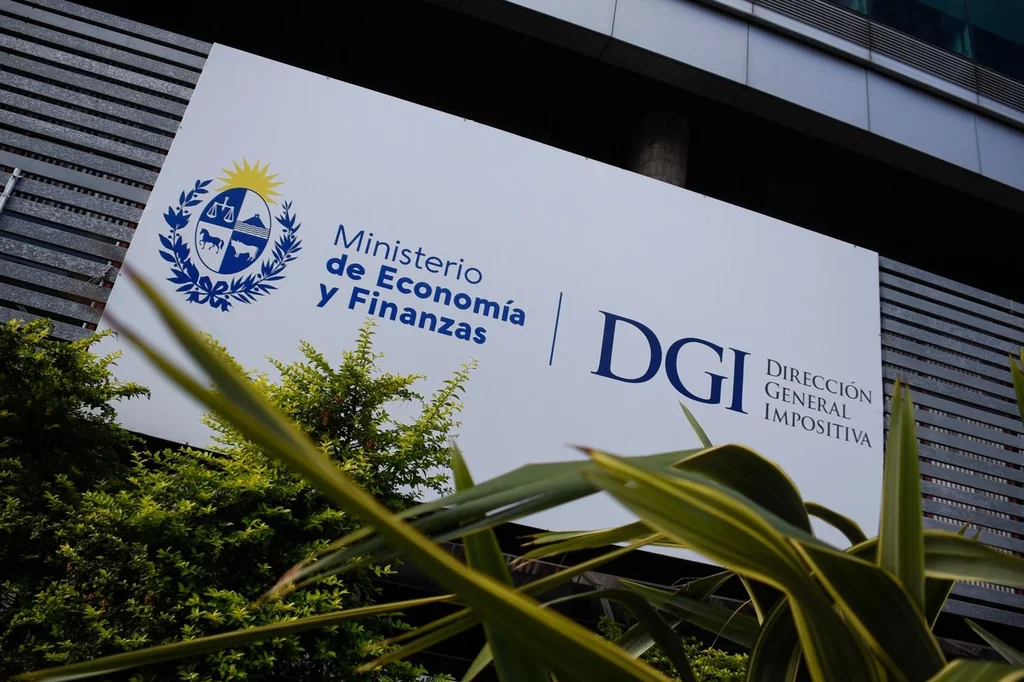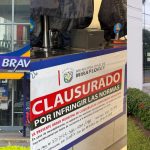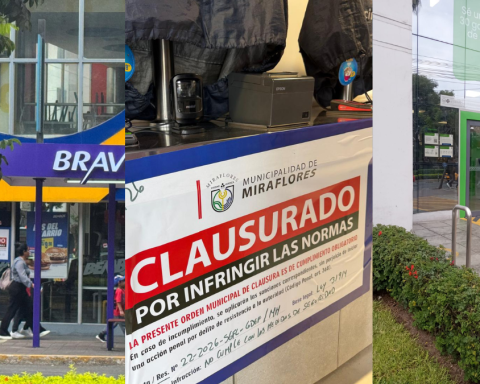The General Tax Directorate (DGI)resolved that the Professional Fund, the Solidarity Fund, the National Housing Agency and the housing cooperatives, must provide a series of data for the purpose of “optimizing the management” of the Personal Income Tax (IRPF). ).
The same requirement applies to entities that provide rental guarantees, and for entities that offer rental insurance.
What information is requested?
The Retirement and Pension Fund for University Professionals must provide data on the amounts paid by each of its affiliates, for retirement contributions. In addition, each affiliate must be identified by identity card, RUC or foreign identification number, according to the resolution to which he agreed. The Observer.
He Solidarity Fund You must inform the contribution bands corresponding to the contributions to the fund and its additional of each graduate, and the amounts paid by each graduate.
Mortgage loans and cooperatives
To the National Housing Agency (ANV) You are asked: In the case of individuals, to report the amounts paid by each debtor for mortgage loan amortization, as well as the date the credit was granted and its total amount.
And with respect to loans granted to user housing cooperatives, they must be identified, and report the annual amounts they have paid for loans.
Meanwhile, housing cooperatives with 30 or more members will have to provide data on the amounts paid by each debtor for loan amortization.
Guarantees and rental insurance
Entities that provide lease guarantees will have to report the amounts covered, effectively paid; as well as identify the properties, and the lessor and lessee by means of an ID, RUC or foreign document.
For their part, the entities that offer rental insurance are obliged to report the amount covered by the policy in each case, and to identify the lessor and the lessee.
deductible items
In four of the cases mentioned These are items that are deductible at the time the taxpayer makes the personal income tax settlement. It happens with the contributions to the Professionals Fund and the Solidarity Fund, which can be deducted in a percentage according to the person’s annual income. The same happens with the mortgage loans granted by ANV that can also be deducted.
And in the case of real estate lease guarantees, these are recorded as capital income in the IRPF. With the information requested, the prosecutor could come to find cases of people who have a rented property and it is not declared, for example.
Something similar happens with the so-called rental insurance. The company that offers the product has the information of the owner of the rental and the amount paid, which is the rent that the owner then receives. When crossing data, some inconsistency in the payment of the tax for that rental could be detected if it was not declared.
The entities included in the list provided by the DGI will have to submit a statement with the requested information every year in April. The provisions have been in force since March, and apply from the year 2022.

Camilo dos Santos
High-end schools, clubs and vehicles
The request for information from third parties by DGI is not something new. For example, in 2012 it was resolved that schools, tertiary institutes and private universities, as well as sports clubs, begin to report annually data on the payments of fees made by parents of students or members of sports centers. This when the total amounts exceed a predetermined step.
A similar resolution was issued a few years earlier, in 2010, and included automotive companies. They had to inform who were the people who bought medium and high cost vehicles. “We use all the information we receive,” the general director of Revenue, Margarita Faral, said some time ago in an interview with Búsqueda when she was asked about the issue.
the last resolution
in dialogue with The Observerthe director of Legal and Tax Advice of KPMG, Jorge Bentancur, affirmed that unlike other previous resolutions, this time The information that is requested “is directly related to relevant information” for the control of the tax that the DGI collects, and that “valid as proof” eventually of an incorrect liquidation.
In any case, he considered that what “remains doubtful” is the legitimacy of requesting information from third parties in general. “Why do you want so much general information if you are not controlling a particular taxpayer? One can doubt if they are not preparing to carry out IRPF inspections”, said Bentancur.
Law 18,996 approved in 2011 provides that the powers established by the Article 68 of the Tax Code authorize the DGI to request information, both within the framework of a particular inspection action, and generally by means of a well-founded resolution.
On this occasion, the DGI mentions article 68 of the Tax Code, and says that this provision establishes that “the Administration will have the broadest powers of investigation and inspection and especially may request information from third parties.”
















